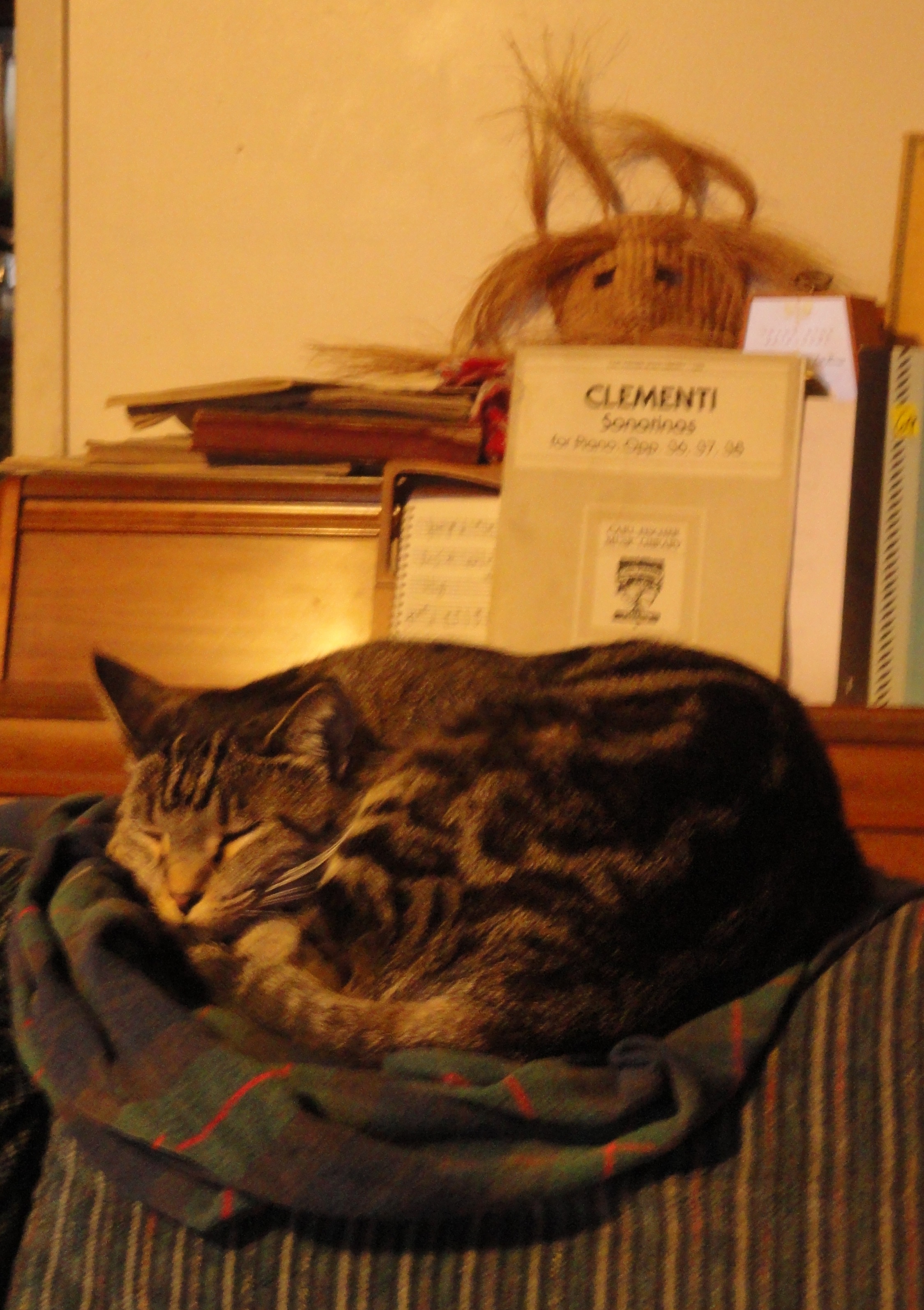
Joyce Fetteroll wrote:
Some people, such as those who are naturally drawn to rules, who live under limitations accept the rules and stick to them.
They live in fear and the rules are like talismans that will keep the boogeyman away. What happens when they are faced with new situations that they don't have rules in place for? People often extrapolate from the nonsense and extend the rules. But rational thought would reveal shoddy foundations for decision making.
If the reasons behind rules make sense, then there isn't a reason to make a rule. But people who follow rules aren't learning how to make decisions. They are only learning to follow someone else's rules.
If the reasons behind rules are nonsense, then people memorize nonsense and use that as a foundation for decision making.
photo by Sandra Dodd







